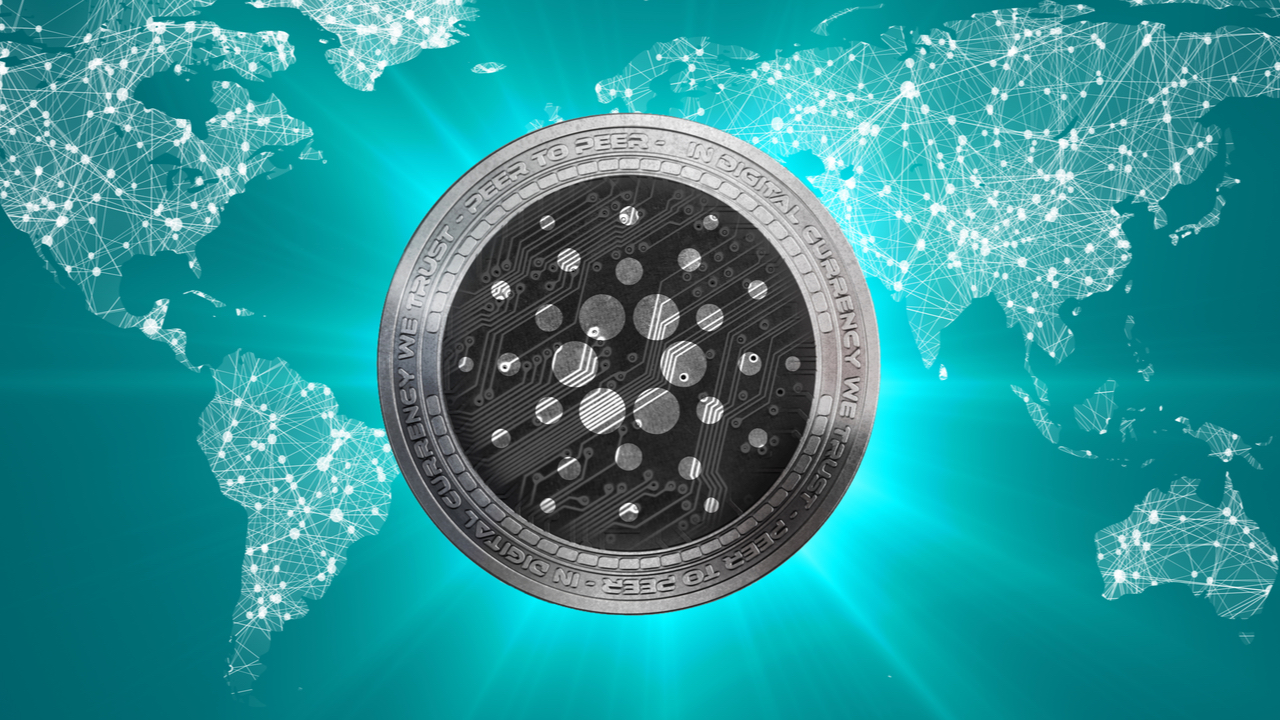In July 2021, the non-governmental organization (NGO) Save the Children in Rwanda announced it partnered with the Cardano Foundation on a project that allows well-wishers to make donations in the form of cryptocurrencies.
Save the Children Meets ADA
At the time, it was revealed that Save the Children’s acceptance of ADA donations was not the first time the non-governmental organization (NGO) had accepted crypto. In fact, Save the Children says it has been accepting donations in cryptocurrency form since 2013.
However, some have questioned the wisdom of accepting donations in a form of currency that they argue is too volatile. On the other hand, others want to know why a charity organization that is over a hundred years old has chosen to work with Cardano.
To understand why the NGO has made these choices, Bitcoin.com News reached out via email to Ettore Rossetti, Save the Children’s Senior Advisor, Digital and Marketing Innovation.
Bitcoin.com News (BCN): Cryptocurrencies are generally volatile yet Save the Children is one of the first NGOs to accept them. How did this start?
Ettore Rossetti (ER): In late 2013, the bitcoin community approached us wanting to support our typhoon relief in the Philippines. We already knew about bitcoin from some of our gamer supporters and this inquiry was the tipping point for us to set up internal mechanisms, policies, and procedures to accept it.
BCN: Can you tell us the motivation behind Save the Children’s pivot to cryptocurrencies?
ER: I wouldn’t call it a pivot, I would call it an additional way to support our mission and our belief that children have the right to a bright future: good health, quality education, and protection from violence. We do whatever it takes to help children in more than 100 countries.
BCN: There is a divided opinion about cryptocurrencies, yet Save the Children continues to embrace them. Are you not concerned that some of the negative stories about crypto might upset some of your traditional donors?
ER: Right now, cryptocurrency donations by percentage is a very small portion of our private revenue. However, it has the hope and the potential for us to reach a new and different type of donor and inspire the next generation of donors and philanthropists. No one is compelled to buy, hold or donate cryptocurrency if they do not want to do so. We accept both fiat and crypto donations on our website: https://www.savethechildren.org/bitcoin.
BCN: You recently launched a platform that allows wellwishers to donate via the ADA cryptocurrency. What has been the response or reaction from the donor community?
ER: It is still too early to draw a conclusion. In order to come up with a successful innovation, we need to try new and different solutions, to test and learn what works and what doesn’t. One key to successful innovation is timing: if it is too early or too late it will fail but if the time is right it may work.
BCN: Can you explain the importance of blockchain technology?
ER: DLT (distributed ledger technology) like blockchain has the potential to disrupt and revolutionize traditional systems and processes. The social sector is no exception. Some people are calling it web 3.0 just like the internet and social media change the game for social change, so can Web 3.0.
BCN: How much has Save the Children raised via crypto over the years?
ER: We have raised more than seven figures in fiat value of cryptocurrency over the past couple of years alone.
BCN: After the bull market led to new all-time highs, many cryptocurrencies have pretty much lost over a quarter of their values. So how do you ensure crypto donations that are received in a bull market are preserved?
ER: Our current policy is to exchange the cryptocurrency donation to fiat shortly after the contribution. Thus, our approach is to use it as an immediate impact vehicle rather than an investment vehicle.
BCN: Can you explain why you have chosen to partner with Cardano?
ER: Cardano (ADA) is backed by The Cardano Foundation, is interested in community-driven projects in Africa — one of the continents we work in — and has committed a stake pool for nonprofits.
BCN: Are you also open to working with other crypto organizations?
ER: Yes, Save the Children is open to working with other cryptocurrencies, blockchain, NFT projects and charity tokens. For inquiries, email [email protected].
What are your thoughts about this interview? Tell us what you think in the comments section below.
Bitcoin News
Interview, ada, Blockchain, Caradano Foundation, cryptocurrency donation, DIstributed Ledger, Ettore Rossetti, Save the Children, Web 3.0

